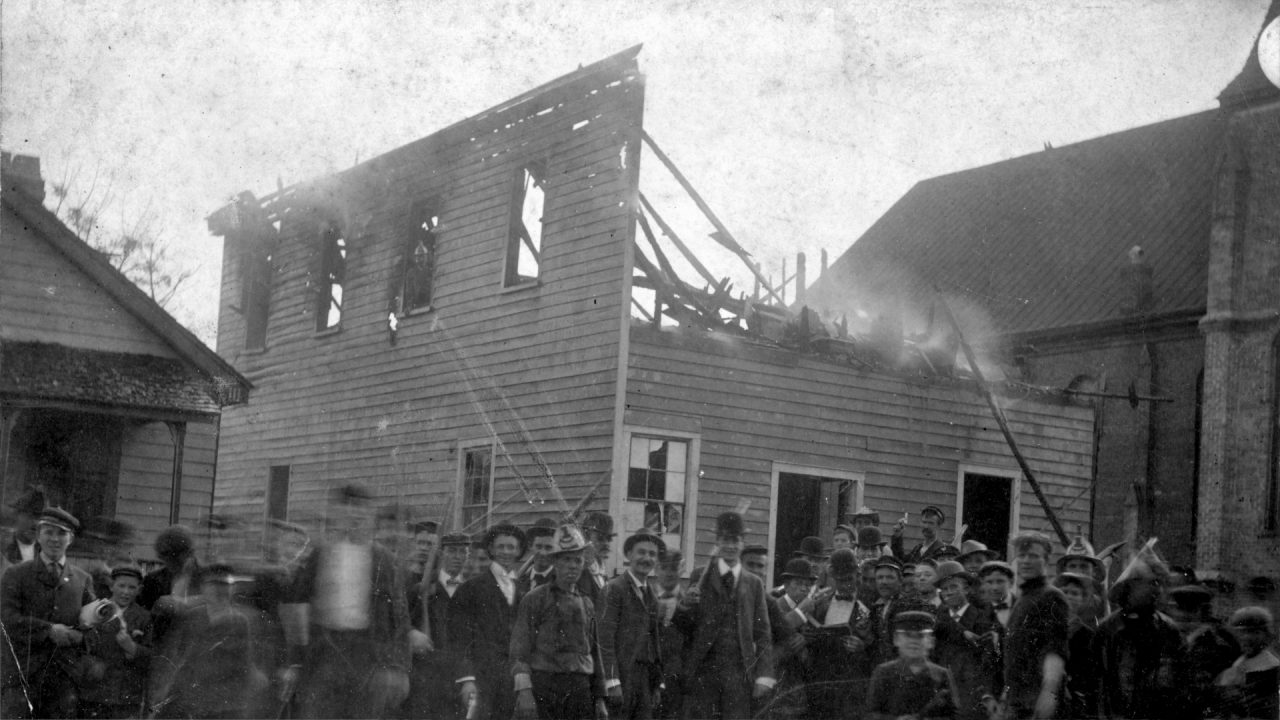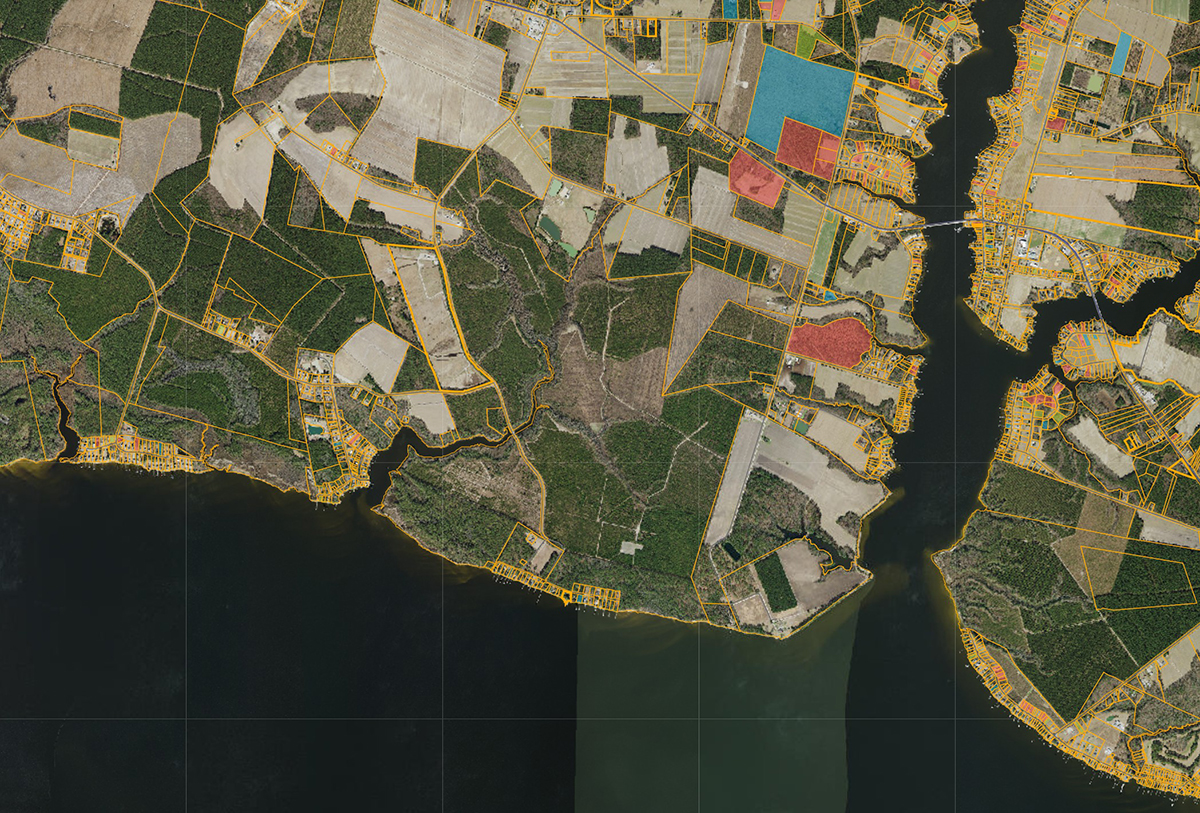
In November 1898, a push for white supremacy ended in violence and destruction in Wilmington.
New Hanover County, Wilmington, area organizations and partners will commemorate Nov. 1-10 the 123rd anniversary of the 1898 Wilmington massacre and coup d’état.
Supporter Spotlight
The more than a week of events are an effort to educate the community on the tragedy and honor the memory of those who were killed, organizers said.
In 1897, the state Democratic Party used speeches, propaganda cartoons and the threat of violence to create support for white supremacy, an effort to remove Populist and Republican politicians out of office during the 1898 election, according to the Cape Fear Museum.
County Democrats used threats and intimidation to stop African Americans from voting on Nov. 8, 1898, and pro-Democratic Party election officers tampered with the returns, leading to Democrats sweeping the election.
Two days after the election, a mob of armed white men marched to the office of The Daily Record, the Wilmington African American newspaper, and set it on fire. A violent mob then took to the streets, and on the Northside of town, attacked African Americans, an unknown number of which died, while others were “banished” from the city, per the museum.
On the same day, elected officials were forced to resign and were replaced by white supremacist leaders, according to the museum. Often referred to as a “riot,” these events are now more widely understood to have been a white supremacist massacre and a coup d’état.
Supporter Spotlight
“The events of November 10, 1898, and the years to follow were incredibly tragic and left deep scars in our community,” said New Hanover County Board of Commissioners Chair Julia Olson-Boseman.
“It left an unknown number of residents dead, disenfranchised Blacks, and helped spread legally sanctioned race-based segregation. The effects of those riots still linger today, but the county and city are committed to healing through acknowledgement, education and discovering our strengths together. I appreciate everyone who has come together to make this 1898 commemoration possible, so we can remember and learn from the past and never repeat that awful history,” she said in a statement.
New Hanover County Board of Commissioners will begin by signing a proclamation Nov. 1 declaring November as 1898 Commemoration Month.
New Hanover County Community Remembrance Project will at 2 p.m. Nov. 6, at the 1898 Memorial Park,1074 N. Third St., Wilmington memorialize all victims, survivors and descendants of the 1898 massacre. Jars of soil samples from locations where Black residents were slaughtered by a white mob will be on display at the park, part of the Community Soil Collection Project in partnership with the Equal Justice Initiative.
The Equal Justice Initiative began working with communities in 2015 to collect soil from lynching sites, “a tangible way for community members to confront the legacy of racial terror of lynchings and to memorialize the African American victims whose lives were lost and the communities impacted by such violence,” according to the initiative.
A funeral procession and graveside memorial service will follow at 3:15 p.m. Nov. 6 in memory of the late Joshua Halsey who was killed during the massacre and coup d’état. Halsey’s gravesite is the first to be located of the 1898 victims, a discovery made by the Third Person Project, a documentary research group based in the Cape Fear region.
A horse-drawn carriage with the soil samples identifying Halsey will begin a procession from the corner of Sixth and Bladen streets down Red Cross Street to Pine Forest Cemetery. Halsey descendants are expected to attend, as well as state and local leaders. The Rev. Dr. William Barber II will give a graveside eulogy.
Community members are encouraged to line the streets for the funeral procession. WECT will live stream the procession and graveside service on its social media pages and on WECT.com.
“Remembering our past is key in order to heal and acknowledge our bright future together,” said community organizer Bertha Todd in a statement. “The events planned for this commemoration should be marked on everyone’s calendar and each child in our community should be able to witness this amazing history unfold. This is a bright start in the right direction and I am grateful to witness these efforts and be a part of it all.”
Wilmington will install at noon Nov. 10 a state marker at the corner of Third and Red Cross streets in memory of the late Rev. Dr. J. Allen Kirk, a pastor and community leader targeted during the 1898 coup at that location.
At 6:30 p.m. Nov. 10, an 1898 commemoration unity service will be at Macedonia Missionary Baptist Church featuring Dr. Ben Chavis, a member of the historic Wilmington Ten, as keynote speaker. In 1971, a group of activists, the Wilmington Ten, were wrongly convicted of arson and conspiracy during the 1971 school integration protests in Wilmington, according to University of North Carolina Wilmington documents.
“The events of 1898 left our community broken. One hundred twenty-three years later, we’re still working toward healing and reconciliation. The events planned are especially poignant as we see a renewed fight for justice and equality. Through this annual commemoration, we stand in solidarity with Wilmington‘s Black residents — past, present, and future and affirm their lives matter, are worthy, and are embraced,” Todd added.
A full calendar of the events, virtual links and streaming information can be found on the New Hanover County Office of Diversity & Equity website. For more information, call at 910-798-7430.







